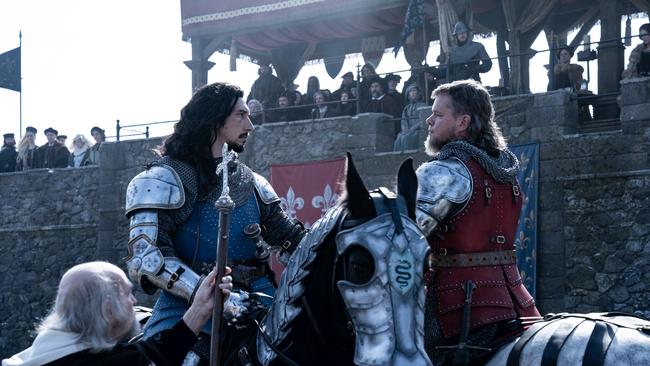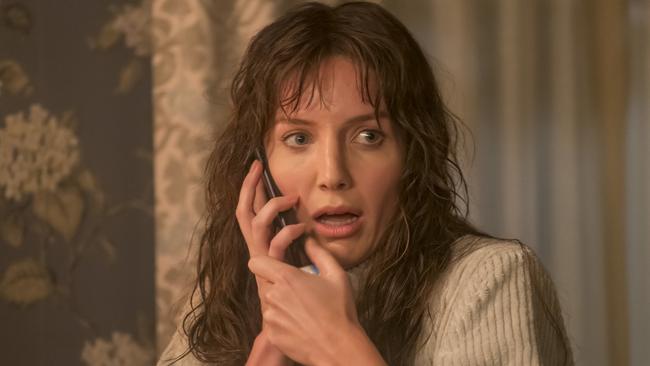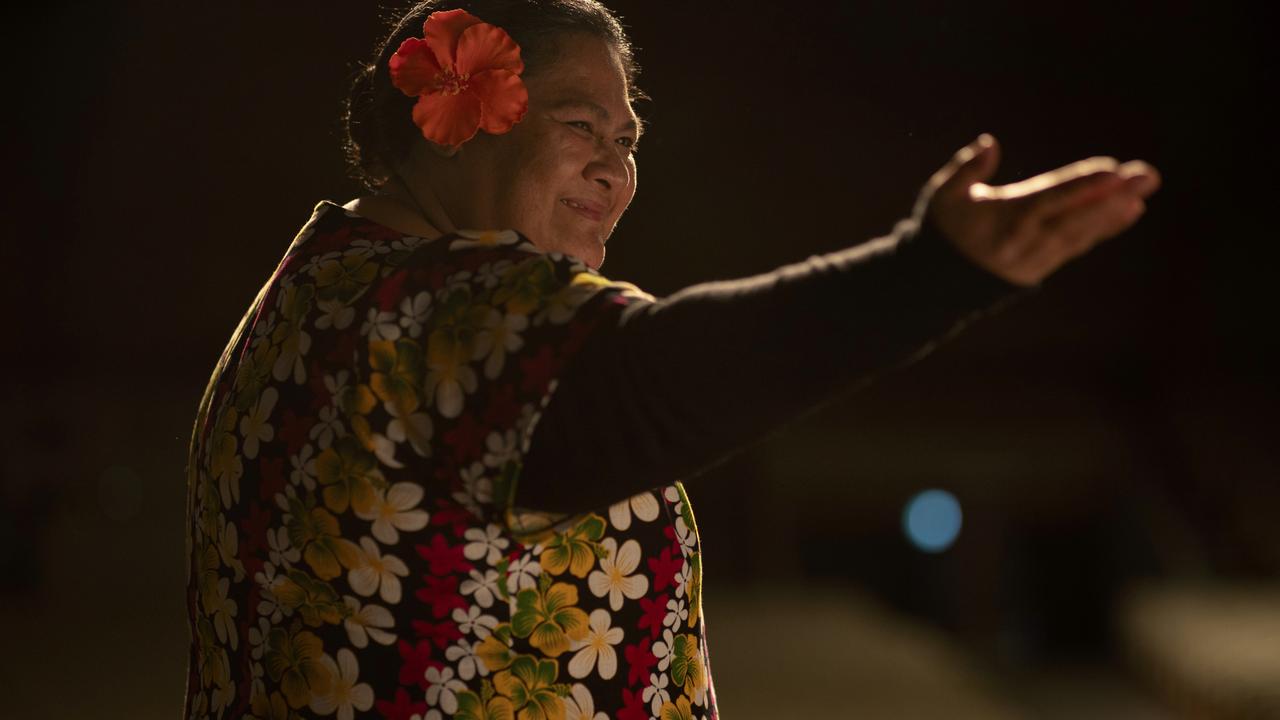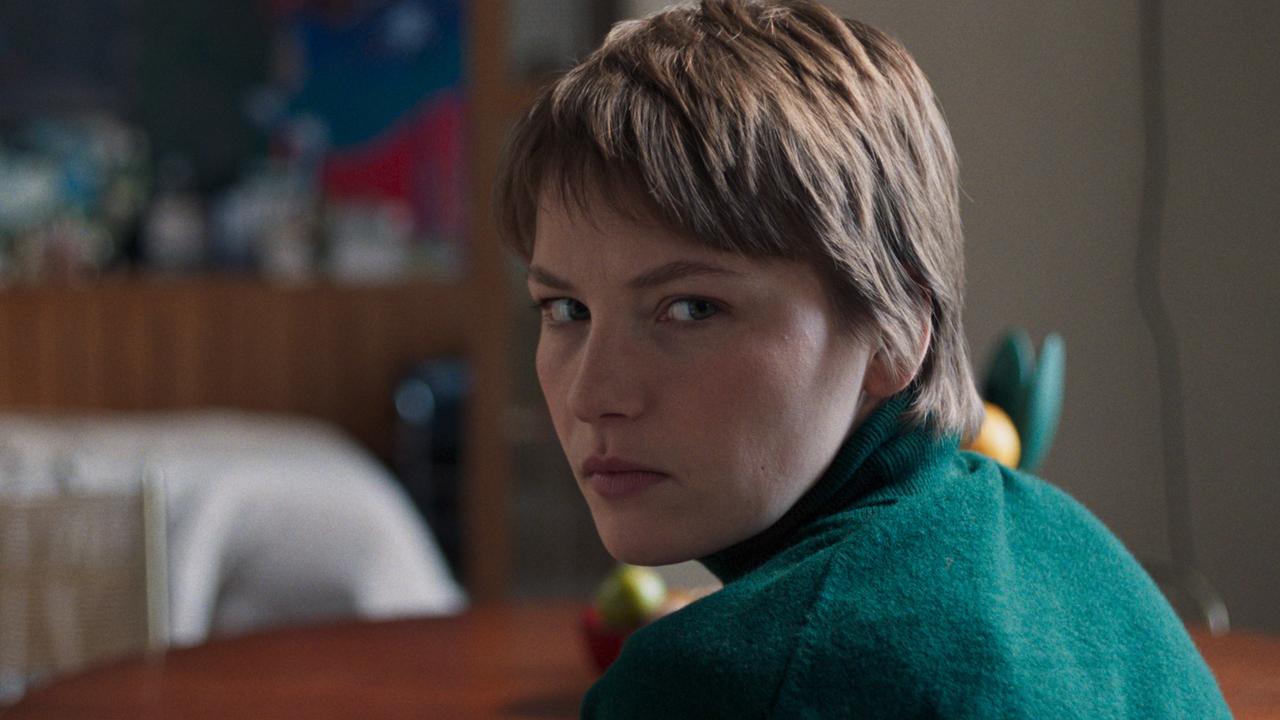Ridley Scott’s The Last Duel, lavish, violent swashbuckler
Ridley Scott’s The Last Duel is a lavish, gripping, violent swashbuckler, which is almost as good as Alien or Blade Runner.

The Last Duel (MA15+)
In cinemas
★★★★
When Ridley Scott moved from being a leading director of commercials for British television to feature film directing it was with The Duellists (1977), an intimate swashbuckler set in France in 1801. The Last Duel, also set in France but in the mid-14th century, is altogether different; this is an epic, rather in the mode of Scott’s Gladiator. It’s a lavish, gripping, violent swashbuckler but more than that it has a rich and complex narrative and something interesting to say.
The film is divided into three chapters, each chapter covering much the same ground but told from the perspective of a different character. In this sense it carries with it elements of Kurosawa’s celebrated Rashomon (1950), the more so because, like that Japanese classic, The Last Duel centres on a rape.
Chapter One centres on Jean de Carrouges (Matt Damon), a warrior whose scarred face is testimony to his courage in battle on behalf of Charles VI (Alex Lawther), the childlike king of Normandy. Jean’s comrade-in-arms is Jacques de Gris (a saturnine Adam Driver sporting flowing black locks), but these friends will soon become bitter enemies. De Gris is rent collector for the effete Count Pierre d’Alencon (an almost unrecognisable Ben Affleck) who manages the affairs of his cousin, the king. And when de Carrouges enters into a marital agreement for the hand of Marguerite (Jodie Comer), daughter of the debt-ridden Sir Robert (Nathaniel Parker), he discovers that the prime part of the estate he was expecting is no longer part of his bride’s dowry, having been purloined by de Gris on behalf of the Count. This is the beginning of a bitter falling out between de Carrouges and de Gris, a conflict that will culminate in the violent duel that the film’s title promises. But in the meantime, de Gris’s cowardly actions and Marguerite’s ambivalent attitude towards him supply plenty of gripping drama.
Some episodes are repeated in each of the three chapters, but with additional knowledge the viewer has absorbed during the course of the drama they take on subtle differences of meaning. Indeed, as the film progresses to Marguerite’s side of the story (a chapter headed “The Truth”) the viewer is almost overwhelmed with the intimate details of the complex plot.
The battle scenes are handled with enormous skill and ferocity, while the intense drama of the richly patterned narrative lies in the sharply scripted dialogue and dramatic highlights.
The screenplay was by Nicole Holofcener in collaboration with Damon and Affleck; this is the first time the two actors have had a screenplay filmed since Good Will Hunting (1997), and it’s an impressive one.
The acting is also impressive. Damon and Driver give powerhouse performances, while Affleck’s devious, wily d’Alencon is an unforgettable character. Comer is close to perfect as the vulnerable woman who is the pawn in this dangerous game and whose potential fate – if her husband should lose that final duel and perish – doesn’t bear thinking about. Harriet Walter, as the mother of de Carrouges, is a wonderfully waspish and devious character.
The film is rich in detail. In scenes set in Paris we can see Notre Dame under construction beside the Seine, and the castles, both exterior and interior – filmed in France and Ireland – make for spectacular backdrops.
In a long career, Scott has made some outstanding films – Alien, Blade Runner, Thelma and Louise and Black Hawk Down among them. The Last Duel might not be quite up to the level of those – it’s a little too long and too convoluted – but it’s not far off them.
The disappointing box-office returns for the film in America suggest that, in the post-Covid era, this sort of high-quality adult entertainment may face an uphill struggle to attract a sophisticated older audience back to cinemas. I hope that’s not the case because The Last Duel is a big screen experience if ever there was one and, for the most part, a pretty impressive one.
-
Malignant (R18+)
In cinemas
★★★
The career of Malaysian-born, Melbourne-reared James Wan has been nothing if not eclectic. He launched himself in a big way with the sadistic Saw (2004) and has since been responsible for Insidious (2010) and its sequel (2013), The Conjuring (2013) and its sequel (2016), the seventh in the Fast and Furious franchise (2015) and, more recently, the family-friendly Aquaman (2018). Whatever his shortcomings, he undoubtedly knows how to make genre movies. His latest, Malignant, is a crazy thriller about a young woman who experiences fearful dreams and visions.
Akela Cooper’s screenplay opens in 1993 in a clifftop medical facility in the middle of a violent storm. Dr Weaver (Jacqueline McKenzie) is treating a seriously troubled patient: “It’s time to cut out the cancer!” she announces dramatically. Fast forward to Seattle in the present and we’re introduced to Madison (Annabelle Wallis), a young wife who has suffered several miscarriages; no wonder since her abusive husband, Derek (Jake Abel), regularly bashes her. When he is murdered and Madison is attacked by a strange creature the fun – if you can call it that – begins.
Madison is comforted by Sydney (Maddie Hasson), her younger sister, but she is troubled by terrifying nightmares. The murders she sees in her dreams prove to have a basis in reality and are investigated by a couple of cops, one (George Young) sympathetic, the other (Michole Briana White) not.
Wan cheerfully draws on the extreme work of horror film aficionados such as David Cronenberg and Dario Argento as he piles on the bloody violence. He includes a few surprises, and one of the best things to say about this outlandish film is that you’re never quite sure where it’s taking you. Note the R rating: the squeamish are advised to stay away.

-
Love You Like That (M)
In cinemas
★½
After a violent storm, Roy (John Jarratt), a leading citizen of the NSW seaside town of Seafront Sands, discovers the naked body of a beautiful young woman (Allira Jaques) on the beach. She’s alive but has lost her memory; the locals name her Mim after the beach on which she was found. Mim quickly attaches herself to the most attractive man around, Harrison (Mitchell Hope), and meets the locals, most of whom have some kind of problem that she is all too easily able to solve.
Love You Like That, an excessively bland affair, takes forced jollity to the limit and beyond. The various romantic and professional woes faced by the locals of Seafront Sands are all too easily addressed by this mysterious stranger. There’s a twist, but it’s a groan-making one. The actors, under the direction of writer-director Eric C. Nash, do their best with the indigestible material, but it’s left to old-timers such as Jarratt and Chris Haywood to bring any kind of distinction to an indulgently vacuous fantasy.




To join the conversation, please log in. Don't have an account? Register
Join the conversation, you are commenting as Logout